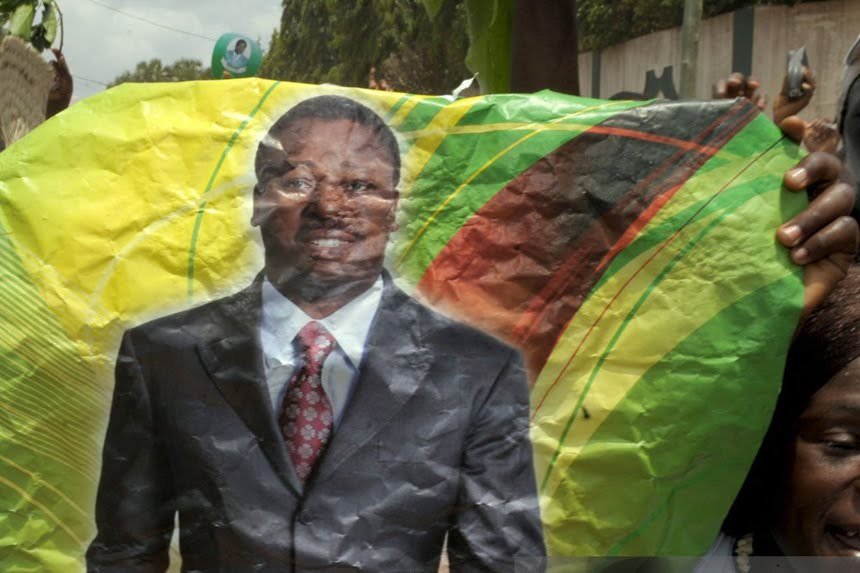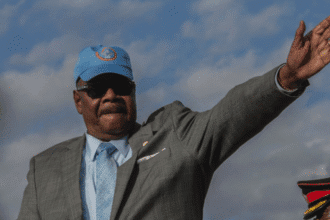Lomé has seen thousands of people go to the streets after a new constitution gave long-time leader Faure Gnassingbé the power to stay as prime minister and get around presidential term restrictions. The Togo protests show how angry young people are about the Gnassingbé family’s reign for almost sixty years. As a result, there has been civil unrest and violent conflicts, and numerous protesters have died during crackdowns.
Why Did Togo’s New Constitution Trigger Protests?
The protests started when the National Assembly quickly passed a new constitution that gave power from the president to the prime minister, which meant that Gnassingbé could stay in charge. People perceived it as a way for the royal family to keep their power, even though it was framed as a move to a parliamentary democracy. As a result, many people, especially young people in cities in Togo, became disillusioned. Here is the link to our article on the Government Protests Demand.
Who Is Leading the New Wave of Protest in Togo?
Unusual voices are in charge now. Bloggers, musicians, and activists are getting young people involved instead of politicians. For example, musician Aamron and poet “Affectio” became symbols of resistance after being arrested at nonviolent protests. Their impact shows how cultural personalities have taken over from traditional politicians in getting people to feel strongly about things.
Is Government Crackdown Fueling More Unrest in Togo?
The authorities have used force to retaliate. Security officers and pro-government militias used tear gas, arrested a lot of people, and reportedly held innocent bystanders. Sadly, at least five demonstrators have perished, and their remains were found in local rivers and streams. These harsh actions have simply made people angrier and caused further discontent. Here is the link to our article on Visitor Protests Demand.
What effect does this have on Togo’s political future?
The protests in Togo are more than just opposition to the constitution; they show a bigger problem with legitimacy. As more young people move away from official politics, traditional electoral systems are becoming less credible. On the other hand, movements like M66 (named after Gnassingbé’s birthday on June 6) are getting stronger as emblems of a fresh push for democratic change.
Final Thoughts
These rallies in Togo protests prove that cultural and community leaders may bring about change when political systems don’t work. The Gnassingbé dynasty is under more criticism than ever as creative voices grow and young people fight back. The outcome of this upheaval could decide whether Togo’s future is defined by long-term rule or democratic regeneration.








